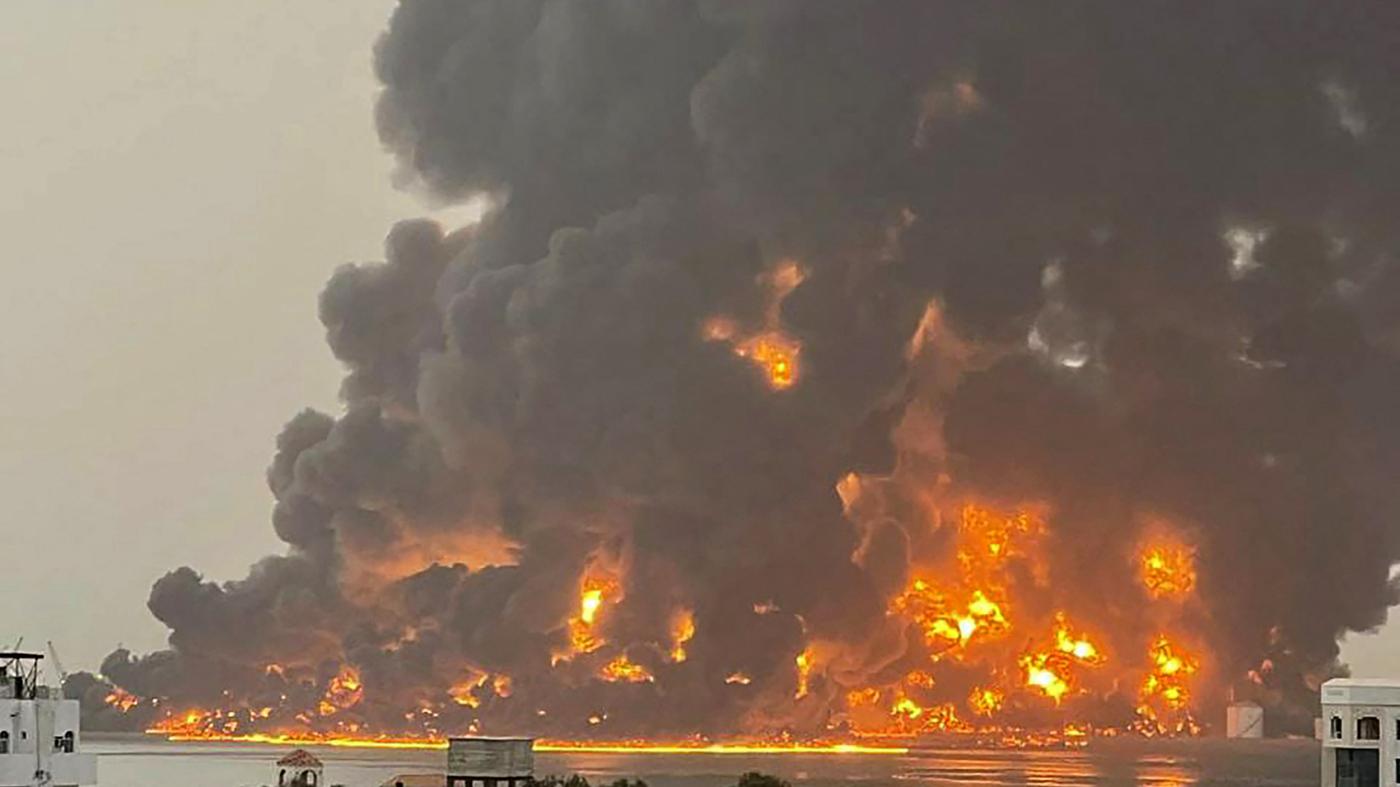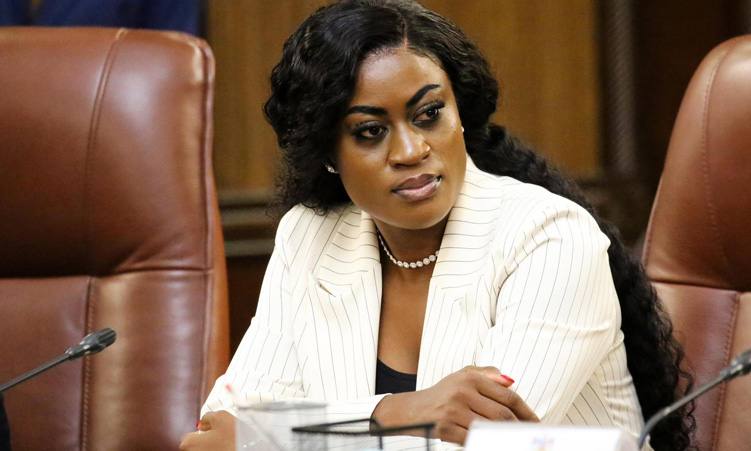WRITTEN BY: SE-ANNE RALL
South Africa’s National Prosecuting Authority (NPA) has decided not to prosecute president Cyril Ramaphosa and a high-ranking police officer in connection with the controversial Phala Phala cash theft case.
In a statement on Thursday, the NPA said the director of public prosecutions in South Africa’s Limpopo province, Mukhali Ivy Thenga, has taken a decision not to prosecute.
The NPA said this decision follows a comprehensive investigation process conducted by the Directorate for Priority Crimes Investigation (DPCI) following a complaint laid with the South African Police Service (SAPS).
The criminal complaint was registered against president Cyril Ramaphosa.
The NPA said the SAPS was requested to investigate the conduct of the president and of major general Wally Roode, based on an allegation that it amounted to the commission of money laundering and corruption.
“The investigations also covered any possible contravention of the lncome Tax Act of 1962 and Exchange Control Regulations of 1961. This was subsequent to the break-in and theft of an undisclosed amount of US dollars at Phala Phala farm, Bela-Bela, Limpopo,” the NPA said.
It added that the decision not to prosecute was taken by Thenga after an assessment of all available evidence that the DPCI presented to prosecutors.
She concluded that there is no reasonable prospects of a successful prosecution based on evidence contained in the docket.
Thenga made her decision in line with the prosecution policy of the NPA, which states that a prosecutor, in deciding whether to institute criminal proceedings against an accused person, must assess whether there is sufficient and admissible evidence to provide reasonable prospects of a successful prosecution.
Various factors must be considered when the prosecutor evaluates evidence, notably the strength of the case for the state, the availability of evidence, whether state witnesses are likely to be credible, the admissibility of evidence, the reliability of evidence, and the strength of the case for the defence, the NPA said.
IOL previously reported that a burglary and theft took place at Ramaphosa’s farm in February 2020. It was reported that around US$580 000 (about N$10.2 million) was stolen.
The money, later reported to be from the sale of livestock, was hidden in a couch.
The theft was reported in March of the same year.
Stay informed with The Namibian – your source for credible journalism. Get in-depth reporting and opinions for
only N$85 a month. Invest in journalism, invest in democracy –
Subscribe Now!










